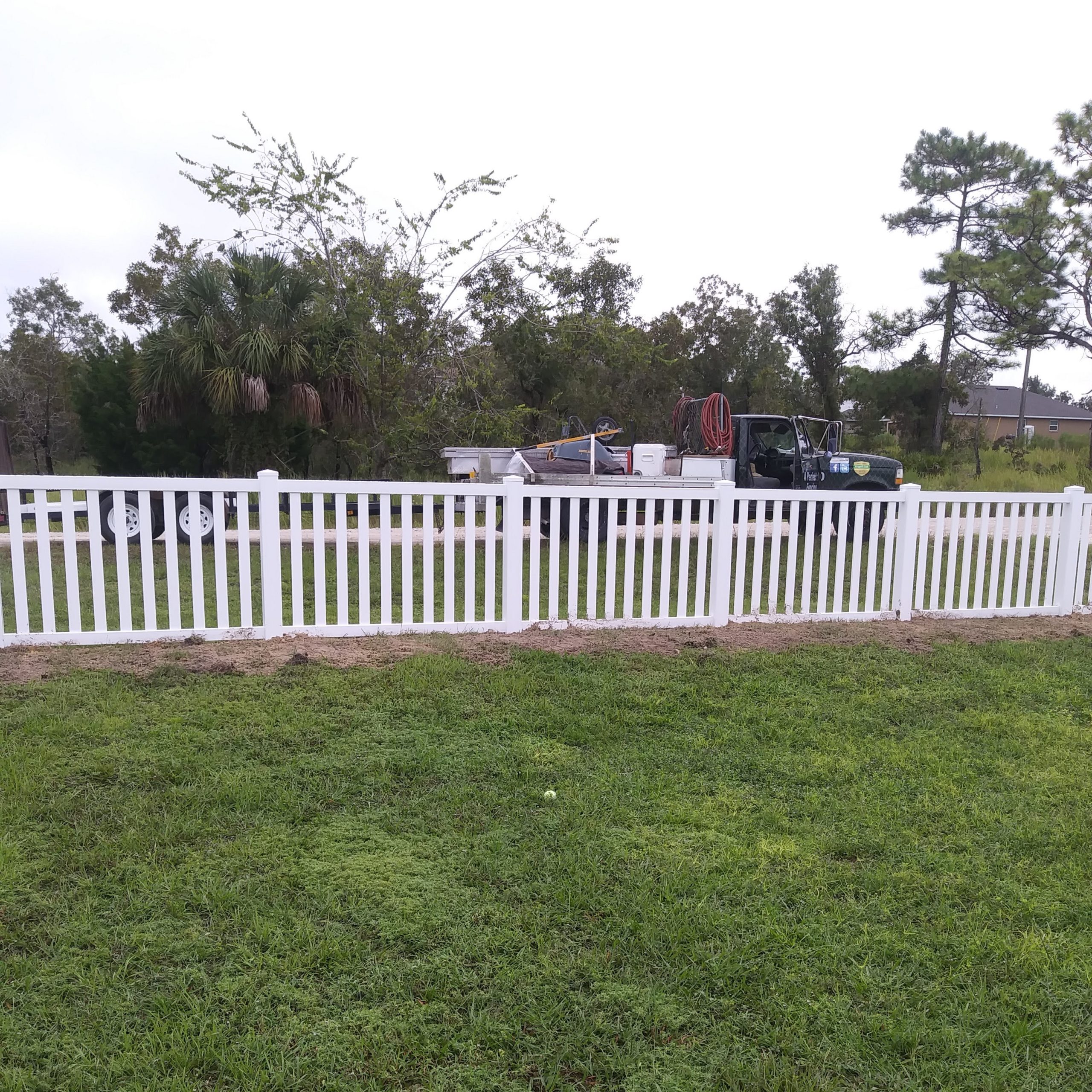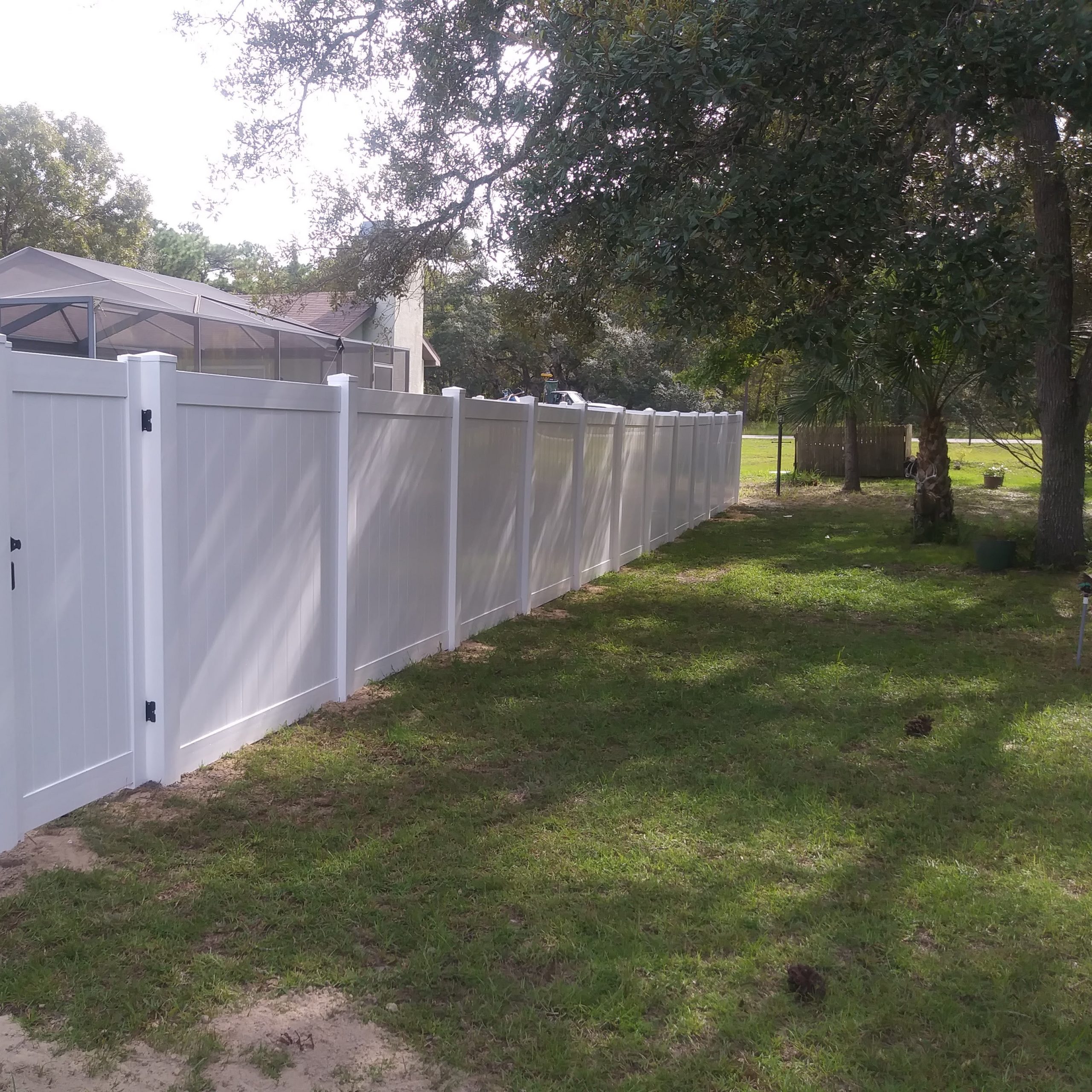How High Should My New Fence Be?
 This is a good question to ask during the planning stage for a new fence. The height of a newly installed fence will affect the price of materials and to some extent the cost of installation. However, saving money is not your only concern when determining the ideal fence height for your yard.
This is a good question to ask during the planning stage for a new fence. The height of a newly installed fence will affect the price of materials and to some extent the cost of installation. However, saving money is not your only concern when determining the ideal fence height for your yard.
Your primary concern should be installing a fence that will serve the purpose for which it’s intended.
Start with local zoning and/or homeowner’s association
Before you make definite fencing plans, check with your city or county zoning or building department to find out the max fence height allowed where you live.
If you have a homeowner’s association or other similar group managing your neighborhood, check with them for height regulations as well as other factors that can affect the installation of a new fence.
What will your fence be used for?
Here are some general fence-height suggestions for different types of fence purposes.
Security fence
Fences designed to keep intruders off a property should be as high as regulations allow. Just as important as the height of a security fence is the material it’s made from.
Chain link isn’t a good material for a security fence. Aluminum should work well, as should PVC/plastic. Talk with your fencing contractor about material options for these types of fences.
Boundary or perimeter fence
A boundary fence simply delineates property lines. This fence needs no special height – three feet, give or take, will probably do.
Depending on the size of your property and your aesthetic tastes, you often can get by with a simple chain link perimeter fence. If you want a more elaborate, decorative fence, other materials are available.
Safety or child fence
Keeping children (and pets) in a specific area is important, so your safety fence should be built to effectively do the job of keeping them contained.
Most municipalities allow for taller fences in the back of a property than in the front, but even a three-foot fence should work well as a safety fence. If jumping or climbing dogs are in the picture, consider a more appropriate fence height f.
Pool fence
Many local governments require a pool to have a secure fence. Metal, plastic and chain link fences work well for this purpose. Wood can work if it doesn’t receive constant splashing with chlorinated water.
Your pool fence should be at least four feet tall and can be solid or built with pickets. Solid fences keep debris away from the pool. Open fences allow swimmers to see the larger landscape.
 Privacy fence
Privacy fence
Seen mostly in backyards, privacy fences are built tall and solid to block the view of people beyond the property. Wood, PVC and chain link with slats are all good options for view-blocking.
Taller fences work best as privacy fences. As noted, check with your municipality or HOA before deciding on fence height.
Decorative or ornamental fence
The height isn’t as important in most cases as the appearance of a decorative fence. You have many options for both your front yard and backyard ornamental fencing.
Your contractor can tell you about all the unique designs and installation styles available with wood, metal and plastic fencing and help you decide on the ideal fence height.
Get the “perfect 10” fence
A Perfect 10 Fencing of Brooksville, FL, is a licensed Florida fencing contractor with years of experience building amazing fences of all heights and styles. We’ll help you get the fence with the perfect height for your needs and beautify your property at the same time.
Speak with a fencing expert today at (352) 606-2623.


